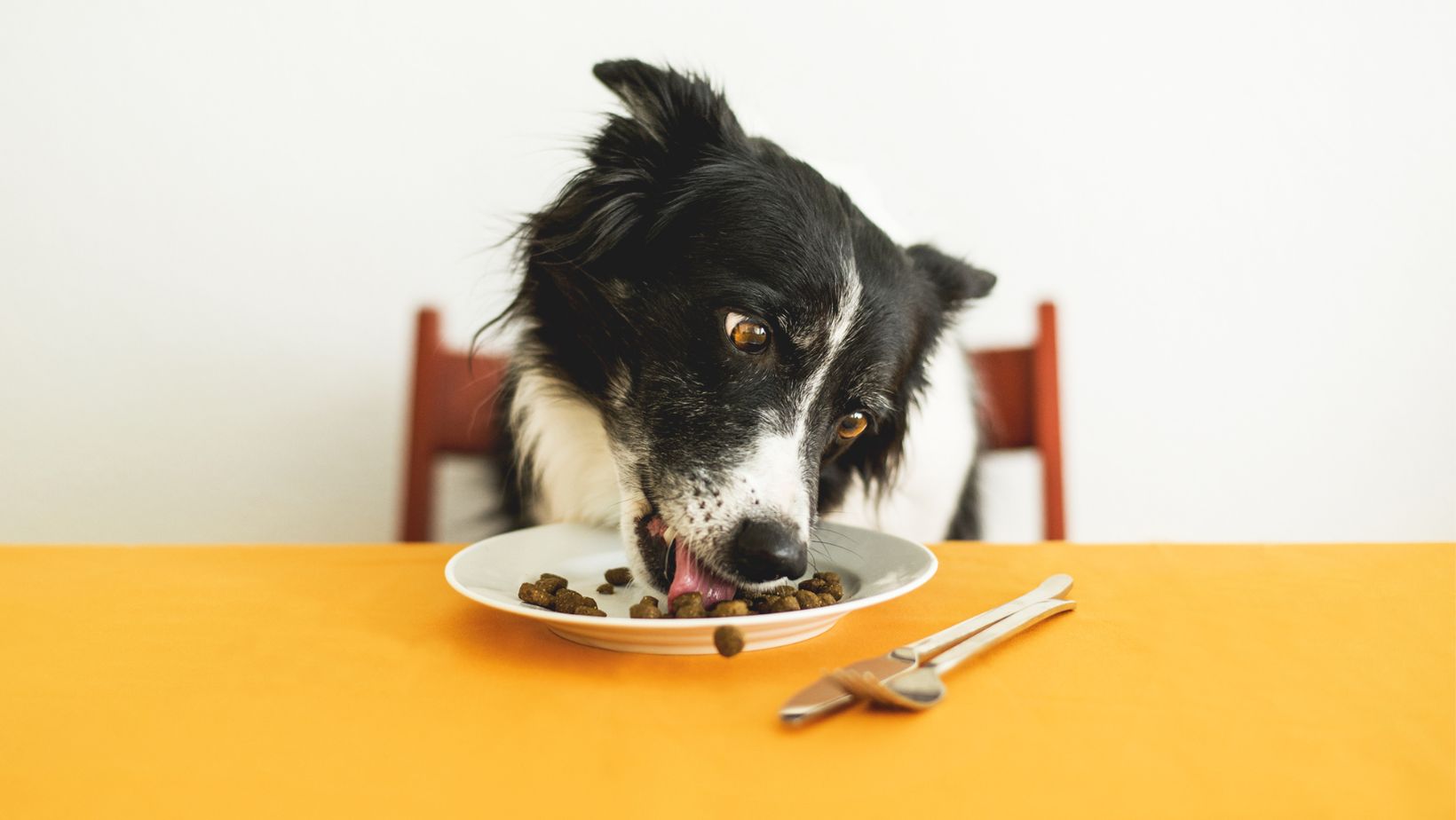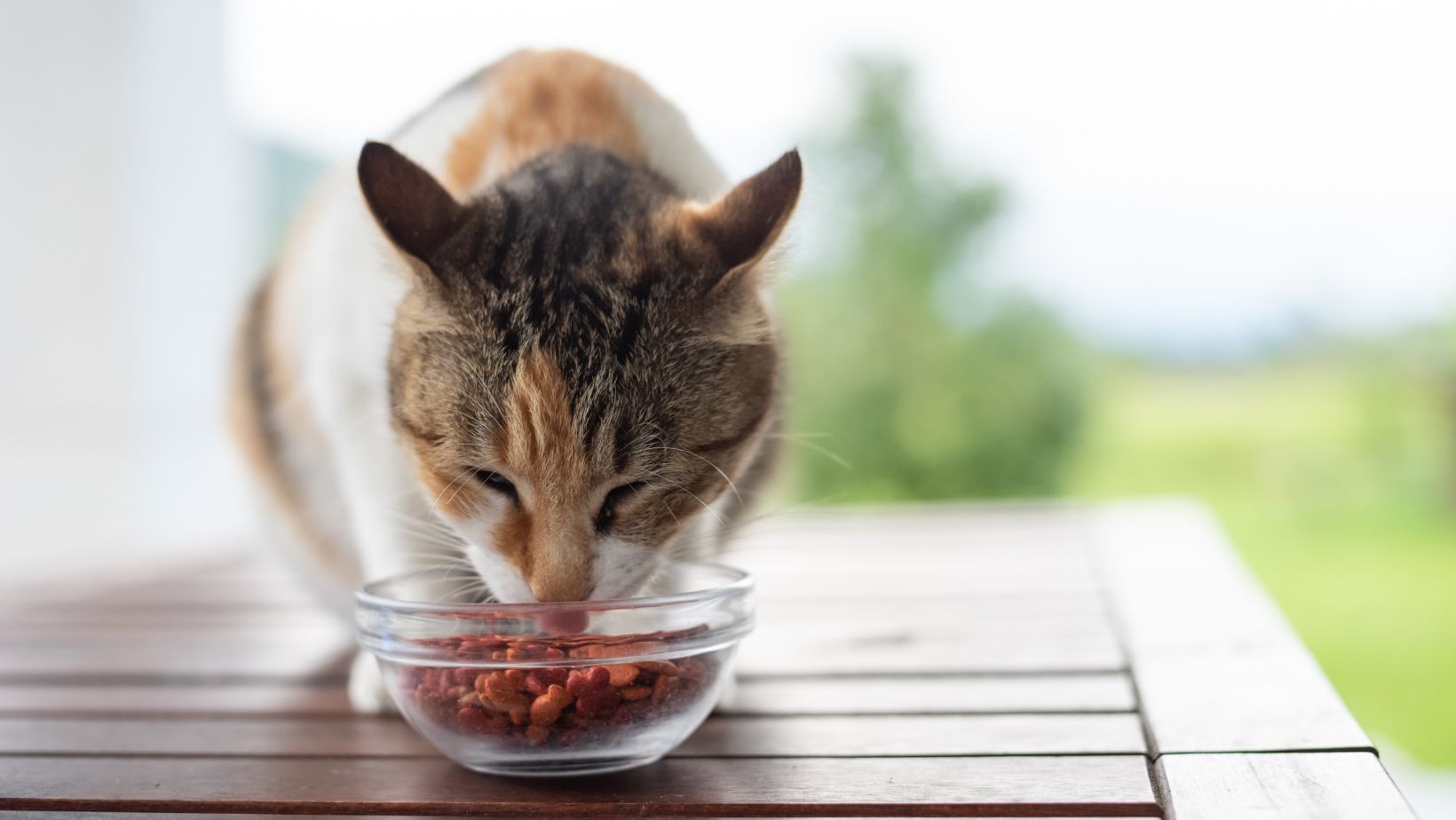Introduction to Probiotics
Probiotics are good bacteria that are essential for keeping the digestive system functioning properly. For the best possible digestion and nutritional absorption, the gut microbiome must be in balance, which is provided by these microbes. They are popularly used in both human and animal health to aid in digestion and boost the immune system. Many pet owners who want to improve their pets’ gut health often turn to products like Dr. Marty Nature’s Blend for their pets’ nutritional needs. Incorporating probiotics into your pet’s diet can lead to significant health improvements and overall well-being, such as enhanced energy levels and a happier disposition.
Benefits of Probiotics for Pets
Probiotics can offer numerous health benefits for pets. One of the most notable advantages is improved digestion. Probiotics help break down food more efficiently, which can result in better nutrient absorption and reduced gastrointestinal issues such as bloating and constipation. Enhanced immune function is another key benefit. Probiotics’ beneficial bacteria have the ability to fortify the intestinal barrier, which makes it more difficult for pathogens to infect people. Probiotics also encourage healthier skin and coats, which can lessen shedding and enhance the general look of your pet’s fur.

According to the American Kennel Club, probiotics can help alleviate symptoms of diarrhea, reduce intestinal inflammation, and boost the immune response in pets. These benefits make probiotics a valuable addition to any pet’s health regimen.
Natural Sources of Probiotics
Probiotics come from a variety of natural sources that you can add to your pet’s diet. Foods high in living cultures, such as kefir and yogurt, can be great additions to your pet’s diet. Beneficial bacteria can also be found in fermented vegetables like sauerkraut and kimchi, but it’s crucial to make sure they’re cooked properly before giving them to pets. Certain types of cheese and buttermilk can also provide these beneficial bacteria. Including these natural sources in your pet’s diet can help improve their digestive health naturally. As noted by PetMD, integrating these foods into your pet’s diet can offer a natural and effective way to boost their probiotic intake. Before making any major dietary changes for your pet, it’s important to speak with your veterinarian to make sure these foods are safe and appropriate for them.
Choosing the Right Probiotic Supplements
When selecting a probiotic supplement, it is vital to choose one specifically designed for pets. Not all probiotics are created equal, and those formulated for humans may not be as effective or safe for animals. Seek for goods with a variety of healthy bacterial strains, as each strain has a unique set of health advantages. It’s also crucial to select products free from artificial additives and preservatives, which can negate the benefits of the probiotics. You can choose the best product for your pet’s unique needs by speaking with your veterinarian. A well-chosen supplement can provide a concentrated dose of probiotics, ensuring your pet gets the maximum benefit. Additionally, some supplements come in various forms, such as powders, capsules, and chewable tablets, providing options to suit your pet’s preferences and ease of administration.
How to Administer Probiotics to Your Pet
Administering probiotics to your pet is generally straightforward. Probiotics are available as chewable tablets, powders, and capsules.

The administration technique will be determined by your pet’s dietary preferences and ease of ingestion. For instance, probiotic powders can be easily mixed into your pet’s food, making it a seamless addition to their daily diet. Capsules can be given as treats or hidden in food if your pet is picky. Chewable tablets are often flavored to appeal to pets, making them feel like a treat rather than a supplement. To make sure your pet gets the right dosage, always adhere to the dosing instructions stated on the product label or by your veterinarian. It is possible to help your pet adjust to a new supplement without experiencing any digestive discomfort by gradually increasing the amount from a lower starting point.
Final Thoughts
Probiotics can be a beneficial addition to your pet’s diet because they have a number of advantages, such as better immune system performance and better digestion. By incorporating natural sources of probiotics into their diet and choosing the right supplements, you can help maintain your pet’s overall well-being. Always consult your veterinarian before starting any new supplement to ensure it’s appropriate for your pet’s needs. Probiotics have the potential to dramatically improve your pet’s general health and make them happier, livelier friends if used correctly and consistently.


















